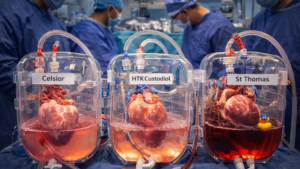Objective: The risk factors of postoperative pulmonary complications (PPCs) have been extensively investigated in non-cardiac surgery and non-elderly adult patients undergoing cardiac surgery. However, data on elderly patients after cardiopulmonary bypass (CPB) is limited. This study aimed to evaluate the risk factors and short-term outcomes for PPCs in elderly patients undergoing CPB procedures.
Patients and methods: Data from 660 patients who underwent CPB over a six-year period at a tertiary care hospital were collected. The primary outcome encompassed the incidence of PPCs, including re-intubation, postoperative mechanical ventilation exceeding 48 hours, pulmonary infection, pleural effusion requiring thoracic drainage, and acute respiratory distress syndrome. Missing data were managed using multiple imputation. Univariate analysis and the multiple logistic regression method were utilized to ascertain independent risk factors for PPCs.
Results: Among the 660 patients, PPCs were observed in 375 individuals (56.82%). Multiple logistic regression identified serum albumin levels <40 g/L, type of surgery, CPB duration >150 minutes, blood transfusion, and intra-aortic balloon pump use before extubation as independent risk factors for PPCs. Patients experiencing PPCs had prolonged mechanical ventilation, extended hospitalization and ICU stays, elevated postoperative mortality, and higher tracheotomy rates compared to those without PPCs.
Conclusion: Elderly patients following CPB displayed a substantially high incidence of PPCs, significantly impacting their prognosis. Additionally, this study identified five prominent risk factors associated with PPCs in this population. These findings enable clinicians to better recognize patients who may benefit from perioperative prevention strategies based on these risk factors.
Keywords: cardiac surgery; cardiopulmonary bypass; elderly patients; postoperative pulmonary complications.







